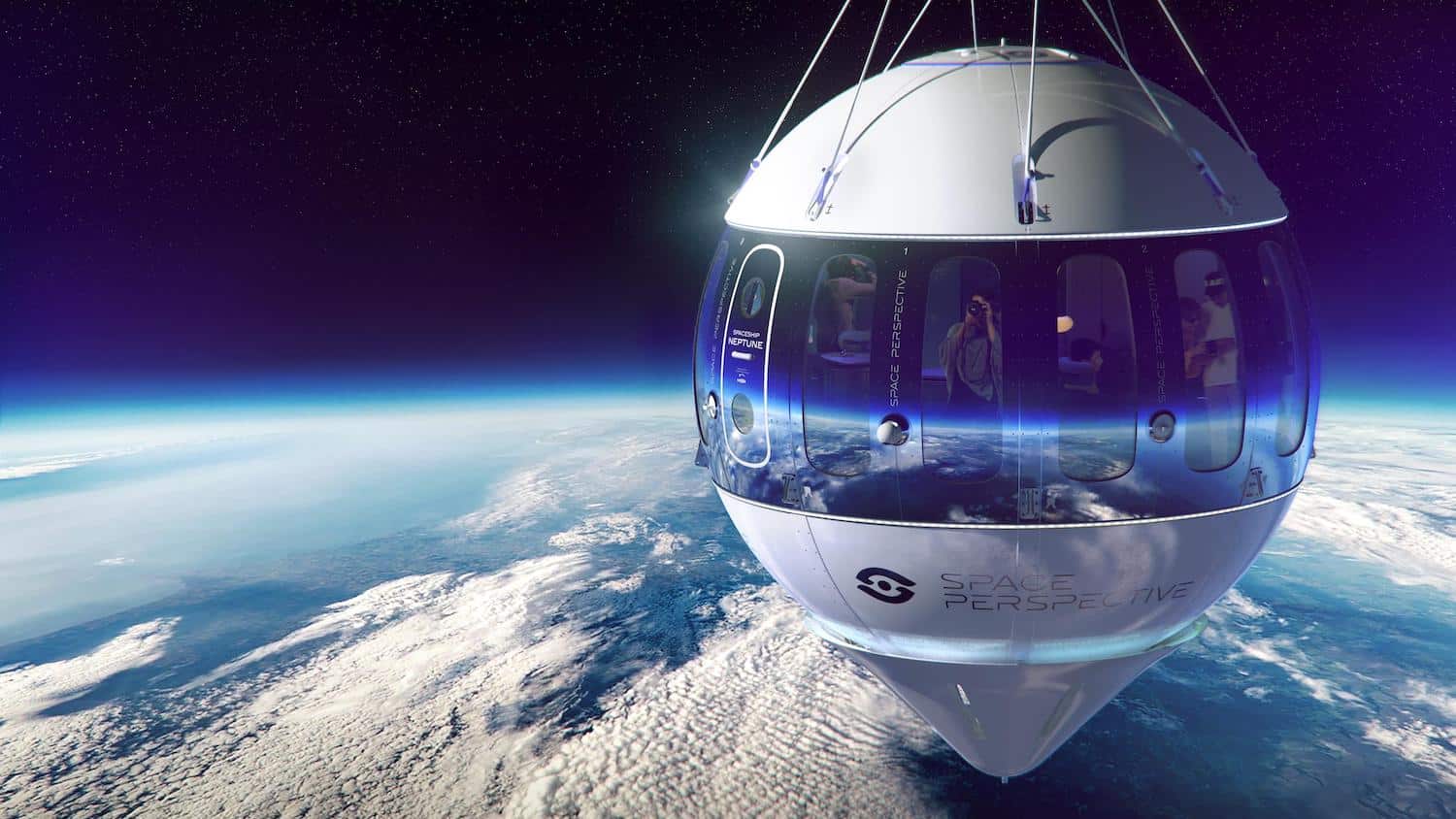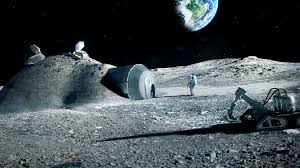$100 Million Prize for Space Travel Projects to Help Humans Explore Beyond Earth
- NgocAnh
- March 29, 2025

$100 Million Prize for Space Travel Projects to Help Humans Explore Beyond Earth
Introduction: In a groundbreaking announcement, Elon Musk, the CEO of SpaceX, has launched a $100 million prize aimed at advancing space travel projects that could help humanity explore beyond Earth. As space exploration enters an exciting new era with private companies leading the charge, Musk’s prize is designed to stimulate innovation in technologies that can make space travel more accessible, efficient, and sustainable. The prize, one of the largest ever offered in the space industry, is a direct challenge to innovators, engineers, and companies around the world to push the boundaries of what’s possible and take humanity closer to becoming a multi-planetary species. In this article, we explore the details of the $100 million prize, its potential impact on space exploration, and how it could shape the future of space travel.
The Ambitious Goal of the $100 Million Prize: The $100 million prize is being introduced as a way to accelerate the development of space travel technologies that will enable humans to travel beyond Earth, with a particular focus on interplanetary exploration. While private companies like SpaceX have already made significant strides in space exploration—most notably with the development of reusable rockets and the Starship program—Musk’s prize aims to catalyze further progress by encouraging new solutions to the challenges of deep-space travel.
The competition will focus on several key areas of space travel, including:
-
Efficient Propulsion Systems: Developing new, more powerful, and efficient propulsion systems to reduce travel time to distant planets.
-
Sustainable Life Support Systems: Creating technologies that support long-duration missions, such as systems for oxygen generation, water recycling, and food production in space.
-
Space Habitats and Colonization: Innovations in building sustainable habitats for astronauts on the Moon, Mars, or other celestial bodies.
-
Advanced Navigation Systems: Improving navigation systems for space travel, ensuring safety and precision when traveling to far-off destinations.

Musk’s $100 million prize is designed to address these challenges head-on, providing a financial incentive for the brightest minds in the space industry to focus on the technologies that will enable humans to explore and colonize other planets. The prize is open to both established companies and independent innovators, fostering a spirit of collaboration and competition in the pursuit of a common goal—ensuring humanity’s place as a multi-planetary species.
The Role of Innovation in Space Travel: Space travel is one of the most ambitious undertakings in human history, and many of the technologies needed to make interplanetary exploration a reality are still in the early stages of development. While NASA and other space agencies have made significant progress in space travel, private companies like SpaceX have been leading the charge in driving innovation and reducing the costs associated with space exploration.
SpaceX’s development of the Falcon 9 and Starship rockets has already revolutionized the space industry, with reusable rockets reducing the cost of launching payloads into space. Musk’s vision for Starship, which aims to carry humans to Mars, could be the key to unlocking the future of interplanetary travel. However, there are still many technological hurdles to overcome, including the need for faster propulsion systems, more efficient energy storage, and the development of technologies that can support human life during extended space missions.
The $100 million prize is designed to incentivize individuals and companies to focus on these critical areas, creating solutions that can dramatically reduce the cost and increase the efficiency of space travel. Musk’s challenge to the global community is clear: solve the technological obstacles standing in the way of space exploration, and take humanity one step closer to becoming an interplanetary species.
Advancements in Space Travel Technologies: The prize will serve as a catalyst for innovation in several key areas of space travel. One of the biggest challenges in space exploration is the need for faster propulsion systems. Current rocket technology, while efficient, is limited by the fuel constraints required to travel long distances. Innovations in propulsion, such as ion engines or nuclear-powered rockets, could dramatically reduce travel times to Mars and beyond, making long-duration space missions more feasible.
Life support systems are another critical area of focus for the prize. As space missions extend beyond Earth’s orbit, astronauts will need reliable systems for generating oxygen, recycling water, and producing food. Creating closed-loop life support systems that can function in space for extended periods is essential for the success of interplanetary travel. Additionally, sustainable space habitats will need to be developed to protect astronauts from the harsh conditions of space, including radiation and extreme temperatures.
The development of advanced navigation systems is also vital for ensuring safe and precise travel across the vast distances of space. Currently, spacecraft rely on ground-based tracking systems to navigate, but as missions become more distant and autonomous, new navigation technologies will be needed to ensure accurate positioning and navigation in deep space.
By providing a $100 million prize, Musk is encouraging innovation in all of these areas, with the potential to revolutionize how we approach space exploration and interplanetary travel. The prize will serve as a platform for the next generation of space technologies, pushing the boundaries of what is possible and setting the stage for humanity’s future in space.
The Implications for Space Exploration and Colonization: The $100 million prize could have far-reaching implications for the future of space exploration and colonization. If successful innovations emerge from the competition, they could significantly accelerate the timeline for establishing a human presence on the Moon, Mars, and beyond. Musk’s ultimate goal is to make life multi-planetary, with SpaceX playing a leading role in making this vision a reality.
The prize could also help build public interest and investment in space exploration. As private companies like SpaceX continue to innovate and make space more accessible, governments and international organizations may be encouraged to increase their investments in space exploration, further fueling the industry’s growth. This could lead to a new era of collaboration between private companies, governments, and academic institutions, creating a robust ecosystem for space exploration.
In the longer term, the innovations spurred by the $100 million prize could make space travel more affordable, reducing the cost of launching missions and enabling broader access to space. The prize is a strategic move to inspire new ideas and create solutions that can overcome the barriers to deep-space exploration, ultimately making interplanetary travel a reality for future generations.
Conclusion: Elon Musk’s $100 million prize for space travel projects is a bold and visionary step toward accelerating the development of the technologies needed to explore beyond Earth. By incentivizing innovation in key areas like propulsion systems, life support, and space habitats, the prize could play a pivotal role in overcoming the technological barriers to interplanetary travel. As SpaceX continues to push the boundaries of space exploration, Musk’s prize serves as a call to action for innovators around the world to join the effort and help shape the future of humanity’s place in the cosmos. With this prize, Musk is not only challenging the next generation of space pioneers but also bringing us one step closer to making interplanetary exploration a reality.







